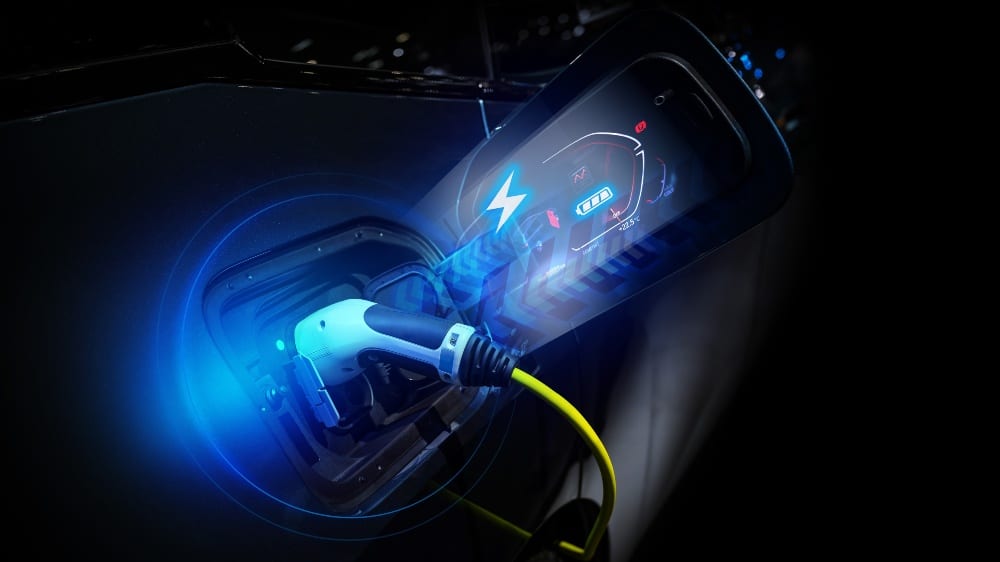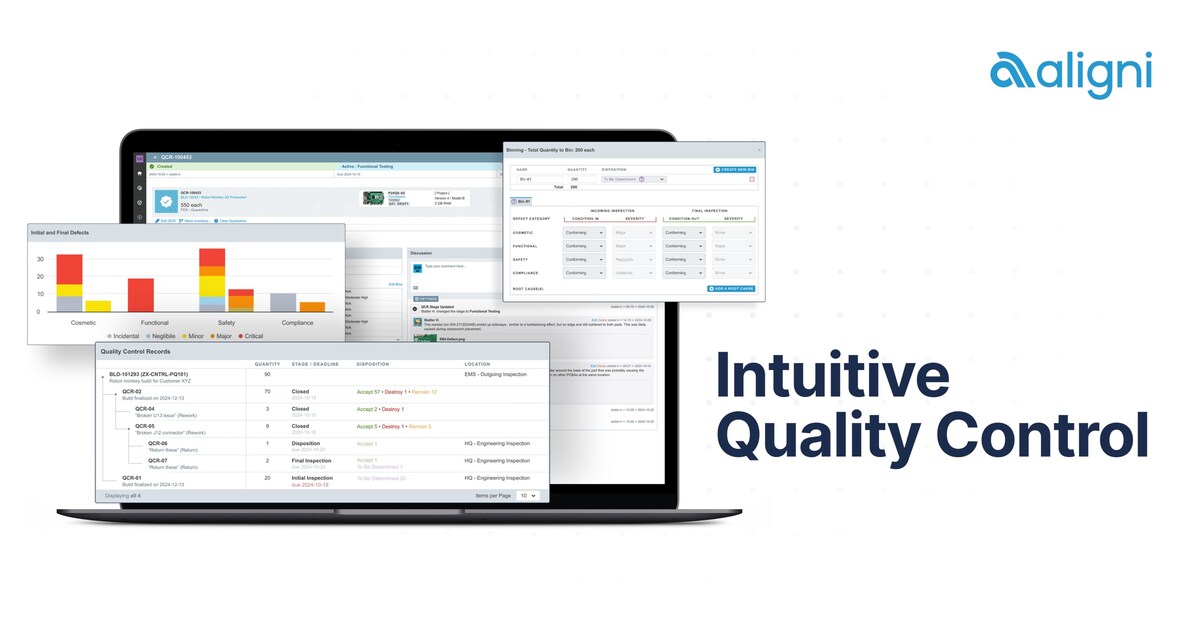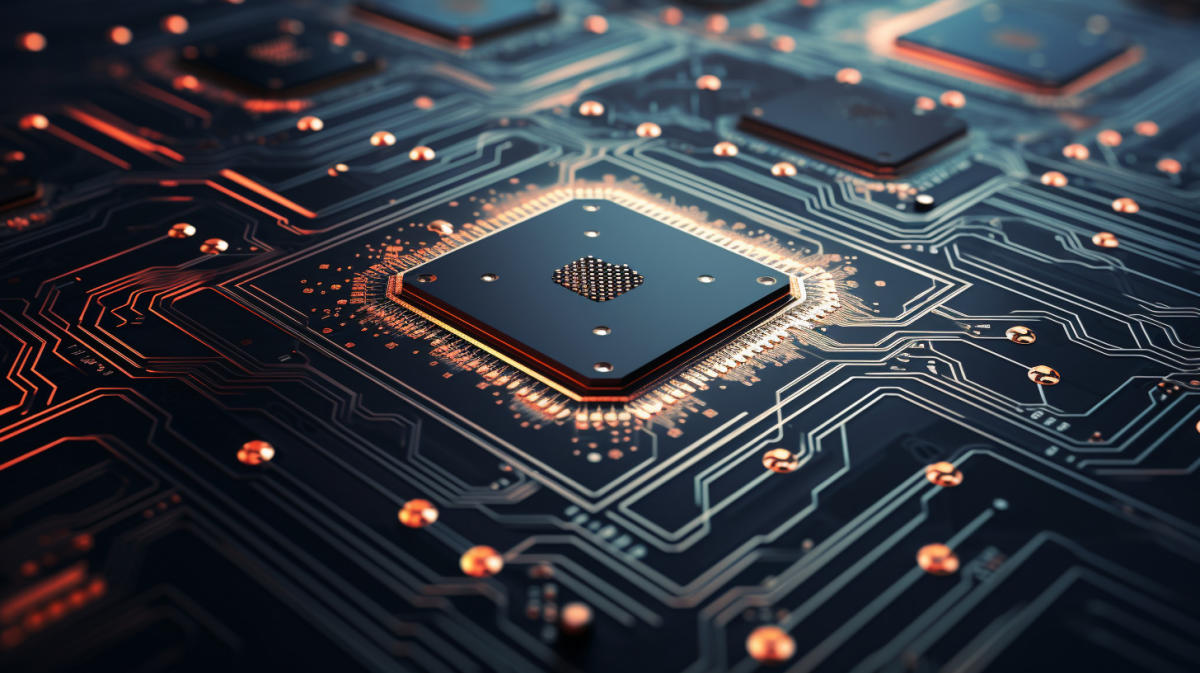Robots, AI, and the American Factory: How Automation Might Rescue U.S. Manufacturing
Manufacturing
2025-04-16 15:03:57Content
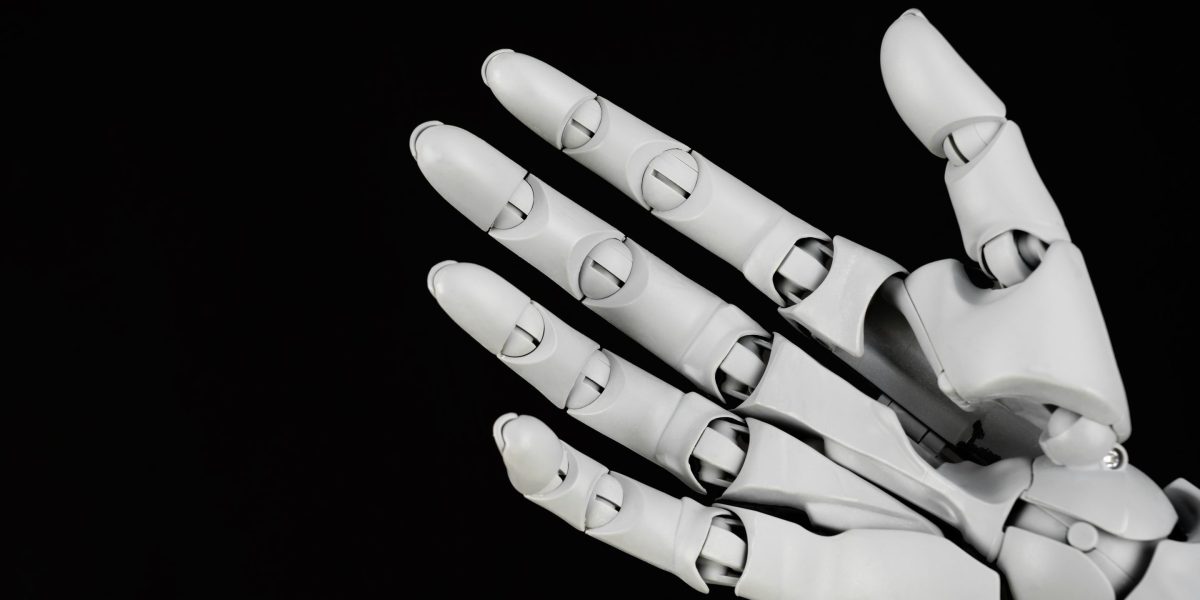
Seizing the Moment: Embracing AI-Powered Robotics and Automation
In today's rapidly evolving technological landscape, the convergence of artificial intelligence, robotics, and automation represents an unprecedented opportunity for businesses and industries worldwide. We stand at a critical inflection point where AI-enabled technologies are no longer futuristic concepts, but practical, transformative solutions ready to revolutionize how we work, produce, and innovate.
The potential of AI-driven robotics extends far beyond traditional manufacturing. From healthcare and logistics to agriculture and service industries, intelligent automation is poised to dramatically enhance efficiency, precision, and productivity. Companies that recognize and act on this technological wave will position themselves at the forefront of their respective markets.
Key advantages of implementing AI-enabled robotics include:
- Unprecedented operational efficiency
- Reduced human error
- Enhanced scalability
- Cost-effective long-term solutions
- Ability to handle complex, repetitive tasks
The time to invest and integrate these technologies is now. Early adopters will gain significant competitive advantages, while those who hesitate risk being left behind in an increasingly automated world.
The Robotic Revolution: Transforming Industries Through AI-Powered Automation
In an era of unprecedented technological transformation, businesses stand at the precipice of a monumental shift that promises to redefine productivity, efficiency, and innovation across global industries. The convergence of artificial intelligence and robotics represents more than just a technological advancement—it's a fundamental reimagining of how work gets accomplished in the 21st century.Unleashing the Potential of Intelligent Automation: Your Strategic Imperative
The Emerging Landscape of Intelligent Robotics
The technological ecosystem is experiencing a seismic transformation driven by artificial intelligence and advanced robotics. Traditional manufacturing, healthcare, logistics, and service sectors are witnessing unprecedented disruption as intelligent machines become increasingly sophisticated. These next-generation robotic systems are no longer simple mechanical replacements but adaptive, learning entities capable of complex decision-making and nuanced interactions. Modern robotic platforms integrate machine learning algorithms, computer vision, and advanced sensor technologies, enabling them to perceive and respond to dynamic environments with remarkable precision. Companies investing in these technologies are discovering exponential gains in operational efficiency, reduced human error, and enhanced scalability.Economic and Strategic Implications of AI-Enabled Automation
The economic potential of AI-driven robotics extends far beyond cost reduction. Organizations implementing intelligent automation are experiencing transformative benefits that fundamentally restructure traditional business models. These systems provide unprecedented data insights, predictive maintenance capabilities, and adaptive workflow optimization. Emerging research suggests that companies embracing comprehensive automation strategies can achieve productivity increases of 40-60% while simultaneously reducing operational expenses. The competitive landscape is rapidly evolving, with early adopters gaining significant market advantages through technological innovation.Technological Architecture of Next-Generation Robotic Systems
Contemporary robotic platforms represent a quantum leap in technological sophistication. Advanced neural networks and machine learning algorithms enable these systems to continuously learn, adapt, and improve their performance. Unlike previous generations of automation technology, these intelligent robots can process complex contextual information, make autonomous decisions, and collaborate seamlessly with human workers. Key technological components include advanced sensor fusion, real-time data processing, cloud-based intelligence, and adaptive learning algorithms. These integrated systems create a holistic approach to automation that transcends traditional mechanical limitations.Strategic Implementation and Organizational Transformation
Successfully integrating AI-enabled robotics requires a comprehensive, strategic approach. Organizations must develop robust implementation frameworks that address technological, cultural, and operational challenges. This involves creating cross-functional teams, investing in employee reskilling, and developing flexible technological infrastructures. Leadership must adopt a forward-thinking perspective, viewing automation not as a replacement for human workers but as a collaborative enhancement of human capabilities. The most successful implementations will be those that create synergistic relationships between intelligent machines and human expertise.Ethical Considerations and Societal Impact
The widespread adoption of AI-powered robotics raises critical ethical considerations. Responsible implementation requires careful navigation of potential societal implications, including workforce displacement, privacy concerns, and algorithmic bias. Organizations must develop transparent, accountable frameworks that prioritize human well-being alongside technological advancement. Proactive engagement with regulatory bodies, academic institutions, and community stakeholders will be crucial in establishing responsible automation practices that balance technological innovation with social responsibility.RELATED NEWS
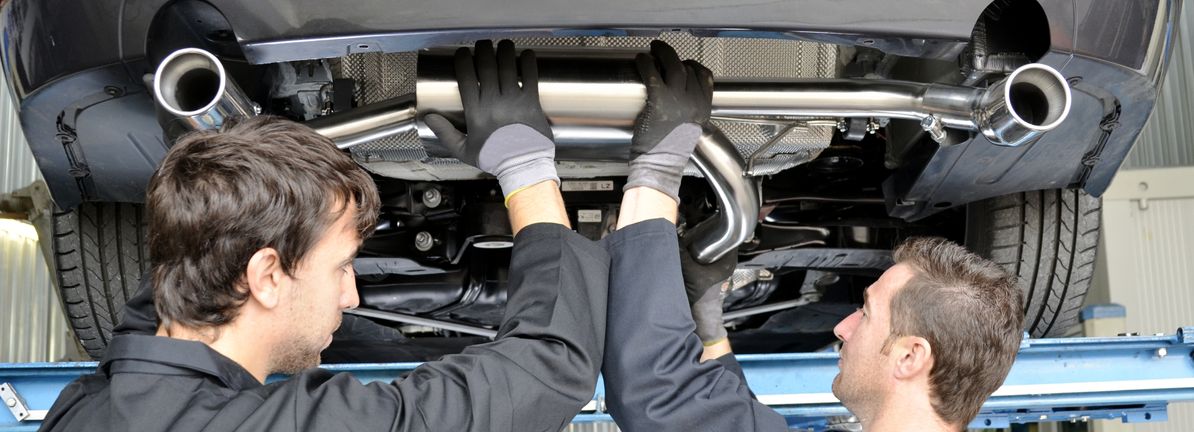
Gearing Up for Growth: American Axle's Roadmap to Massive Investment Returns



